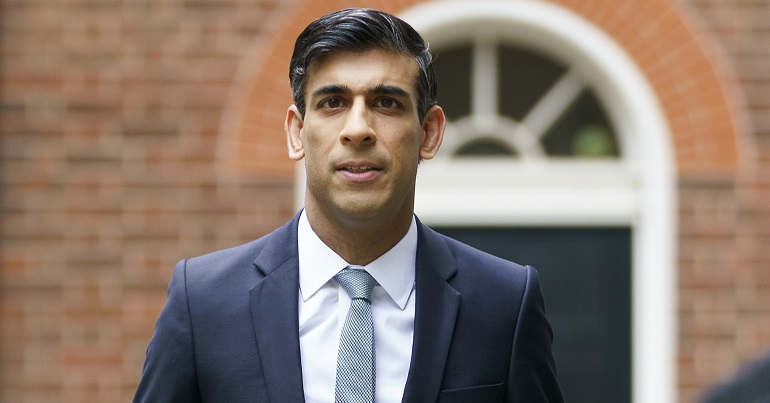Hard work and merit don’t operate in a vacuum, as Sunak would like us to believe.

During yesterday’s head-to-head leadership debate, Rishi Sunak received applause from Tory voters after defending his parents’ hard work and sacrifice in sending him to the elite private school, Winchester College.
Just 7% of children go to private schools in our country, yet their grip on public life, as shown with Sunak, is overwhelming. Those who attended private schools make up 65% of senior judges, 61% of doctors, and 43% of the UK’s 100 most influential editors and broadcasters. Calling out their disproportionate dominance on our public life isn’t about the politics of envy, it’s about demanding fairness and tackling inequality. Then again, when you’re used to privilege, equality feels like oppression.
Responding to criticism of his private schooling, Sunak received a round of applause for emphasising his parents’ hard work and sacrifice in sending him to one. He said: “I’m certainly not going to apologise for the fact that they worked hard and aspired to do that for their kids”.
Sunak’s thinking revealed much about how he views hard work, education and meritocracy. Millions of parents up and down the country work incredibly hard and make a great deal of sacrifice to given their children the best possible start in life. Just because they can’t afford to send them to a private school, we shouldn’t, as Sunak implies, think they haven’t worked hard.
Nurses, cleaners, teachers along with so many key workers work incredibly hard but find the odds stacked against them as they struggle to make ends meet. Not many, despite their hard work, would be able to send their children to elite prep and public schools that charge tens of thousands of pounds.
Nor are we the meritocracy we claim to be. According to the Social Mobility Commission, even when those from working-class backgrounds have the same education attainment, role and experience as their more privileged colleagues, those from poorer backgrounds are still paid an average of £2,242 (7%) less in top professions.
Hard work and merit don’t operate in a vacuum either, as Sunak would like us to believe. Coming from a wealthy family, being able to then rely on family wealth, the bank of mum and dad, having the right connections, all play a part in meaning some are able to get a head start in life when it has nothing to do with merit. Indeed, Sunak did just that, with Channel 4 revealing that his parents gave him a £105,000 interest free loan months after graduating from Oxford so that he could purchase a one-bedroom flat in Chelsea and Kensington.
The reason why Sunak’s schooling matters is not only because it shows once more how a narrow and affluent section of society continue to dominate public life, which given that talent is spread throughout society, undermines claims we’re a meritocracy but also because it reveals the stark social distance between the powerful and powerless.
The point is that for politicians to advance the interests of working people and those from disadvantaged backgrounds they need to understand the everyday challenges and barriers people face. Sunak is completely insulated from that by virtue of his wealth and privilege. No doubt those from incredibly wealthy and privileged backgrounds may try to sympathise with those from poor and disadvantaged backgrounds, though Sunak’s actions speak louder than words and he’s plunged an additional 500,000 children into poverty, but having some sort of experience of the challenges facing millions of people from ordinary backgrounds makes for a better politician.
If our politicians continue to be recruited from a very narrow section of society, and have no lived experience of the disadvantages millions face, it alienates people and erodes trust in our democracy further.
Basit Mahmood is editor of Left Foot Forward
To reach hundreds of thousands of new readers we need to grow our donor base substantially.
That's why in 2024, we are seeking to generate 150 additional regular donors to support Left Foot Forward's work.
We still need another 117 people to donate to hit the target. You can help. Donate today.



